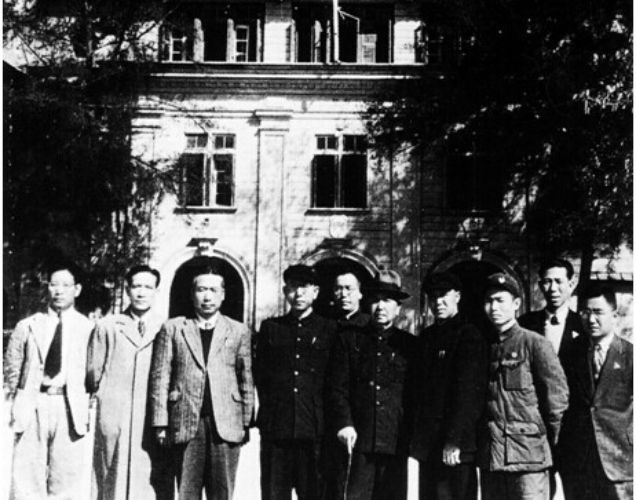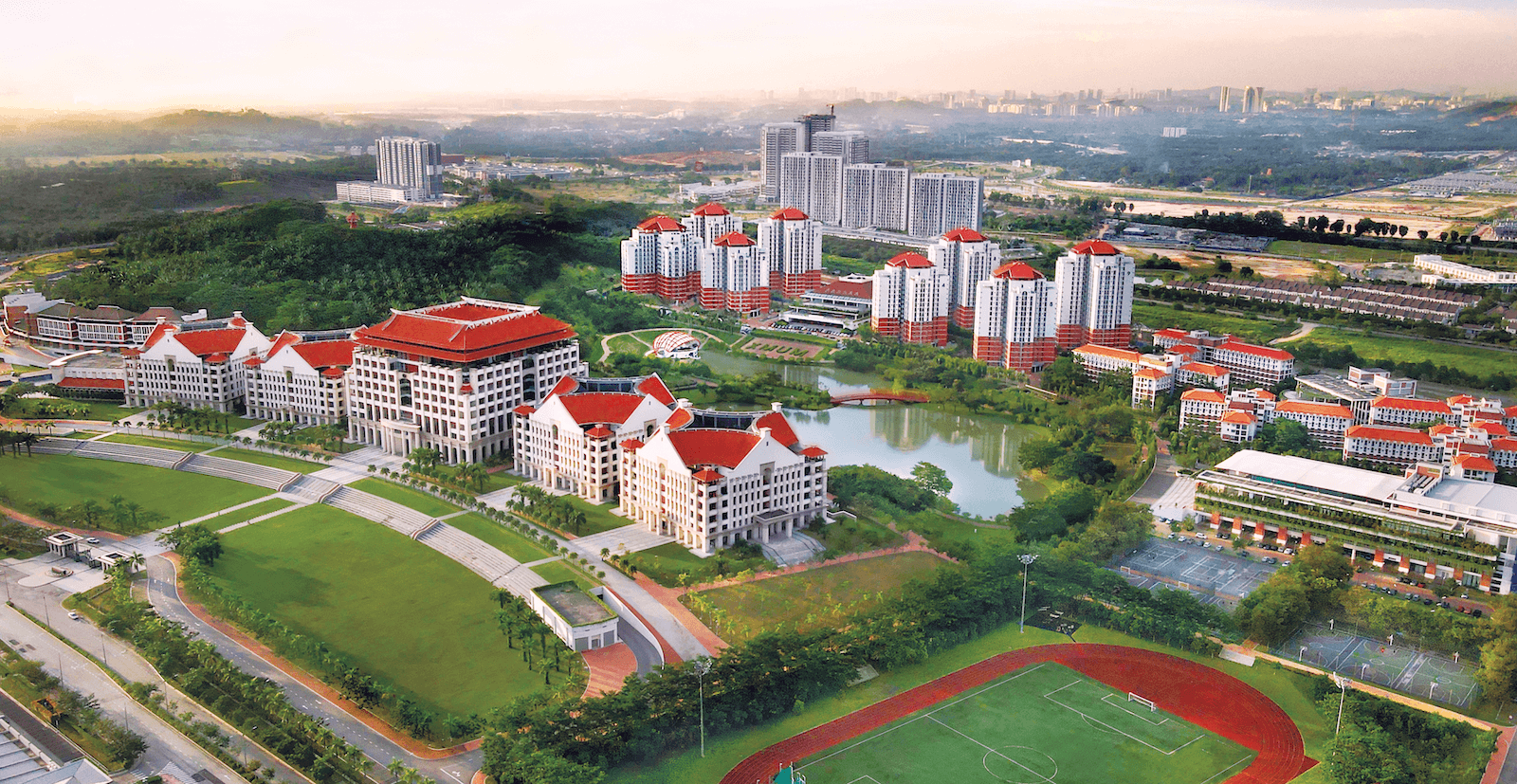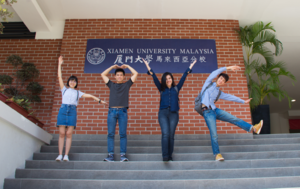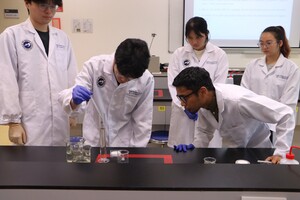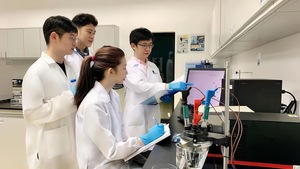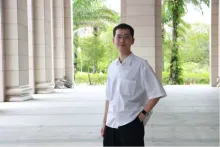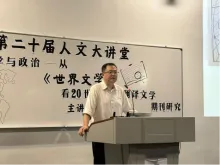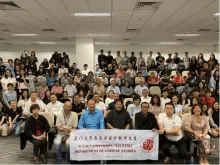Prof. Wang Xiaomei & Team Publish in SSCI Q1 Journal, Exploring the Revival of Baba Culture from a Linguistic Perspective
Prof. Wang Xiaomei, Head of Chinese Studies has recently published a paper entitled “The revival of Baba culture through linguistic landscape in Malacca, Malaysia” on Journal of Multilingual and Multicultural Development, an SSCI Q1 journal covering the sociology and social psychology of language.
Dr. Koh Chong Wah and postgraduate students Choo Wan Yein and Leong Siw Yau also participated in the research.
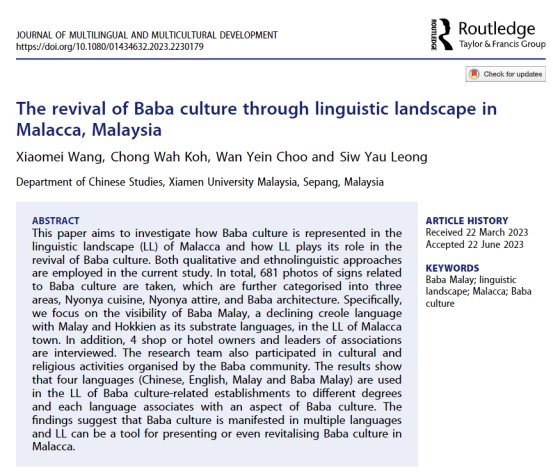
Baba culture is a unique component of Malaysia. Tan Chee Beng defines Baba as the Malay-speaking Chinese, which has a history of more than 500 years in Malacca as the offspring of immigrant Chinese men and indigenous Malay women. Notably, the researchers have witnessed both the decline of its culture, esp. the speaking of Baba Malay, and a revival of interest in their cultural heritage among the public. This paper investigates how Baba culture is represented in the linguistic landscape (LL) - the “visibility and salience of languages on public and commercial signs in a given territory or region” - of Malacca, and how LL plays its role in the revival of Baba culture.
With both qualitative and ethnolinguistic approaches, a total of 681 photos of signs related to Baba culture were taken and categorised, while 4 shop or hotel owners and leaders of associations were interviewed. The research team also participated in cultural and religious activities organised by the Baba community, to to capture the language use among community members.
The results show that four languages (Chinese, English, Malay and Baba Malay) are used in the LL of Baba culture-related establishments to different degrees and each language associates with an aspect of Baba culture. Although Baba Malay is declining in Malacca and least visible in LL among various languages, it does not lead to the extinction of Baba culture. The findings imply that Baba culture is manifested in multiple languages and LL can be a tool for presenting or even revitalizing Baba culture in Malacca. Whether the Baba culture can be revitalised in the long run depends on cultural self-awareness within the community, as pointed out by Ronald Gan, the president of PPBNM.
This research is funded by the National Social Science Foundation of China (Grant No. 19ZDA311) and Xiamen University Malaysia Research Fund (XMUMRF/ 2023-C12/IART/0019).
The Department of Chinese Studies, Xiamen University Malaysia has shown its strong research strength in the area of linguistics. Both undergraduate and postgraduate students have attended international conferences and published papers in journals. The Department will further strengthen its research capacity and promote research among staff and postgraduates, striving for a leading position in Malaysia and beyond.

